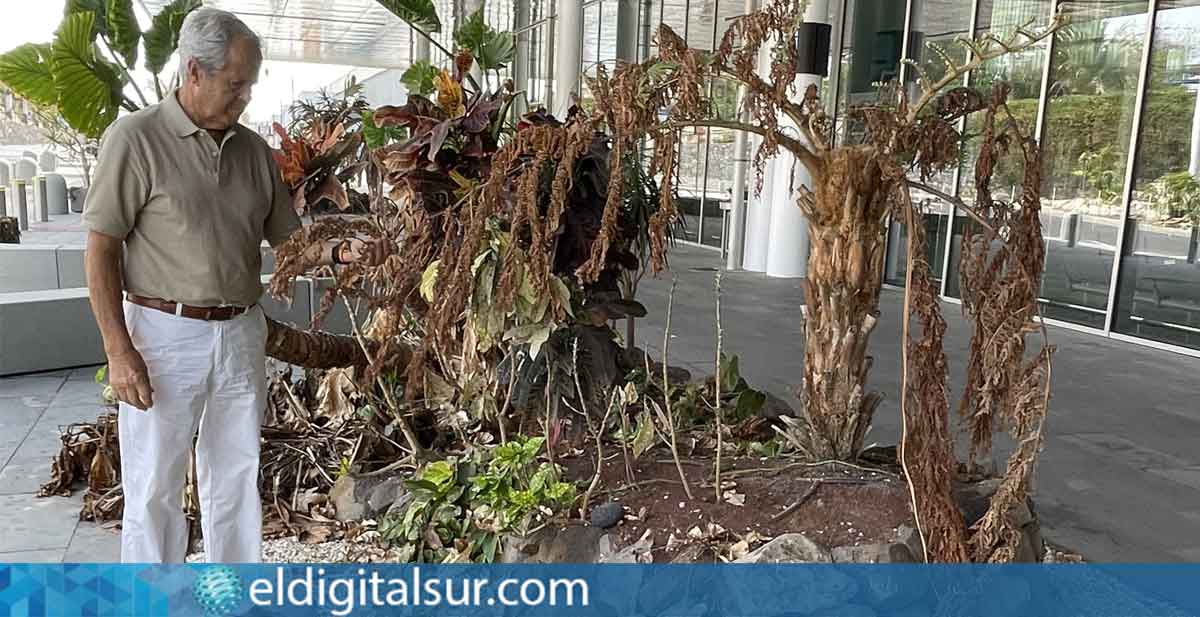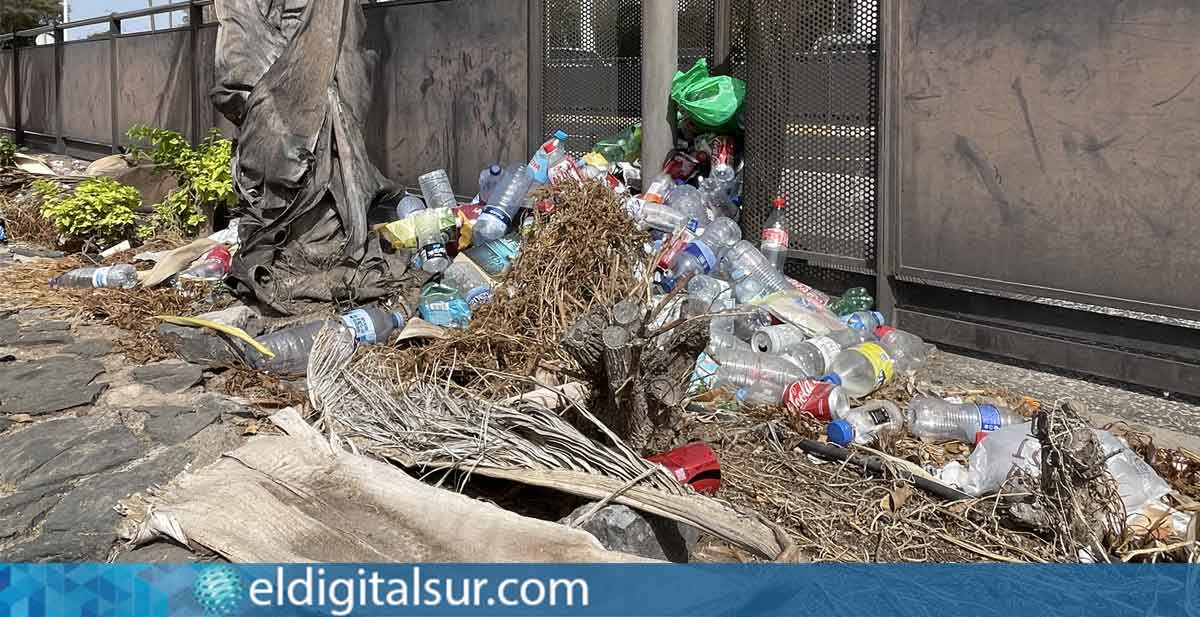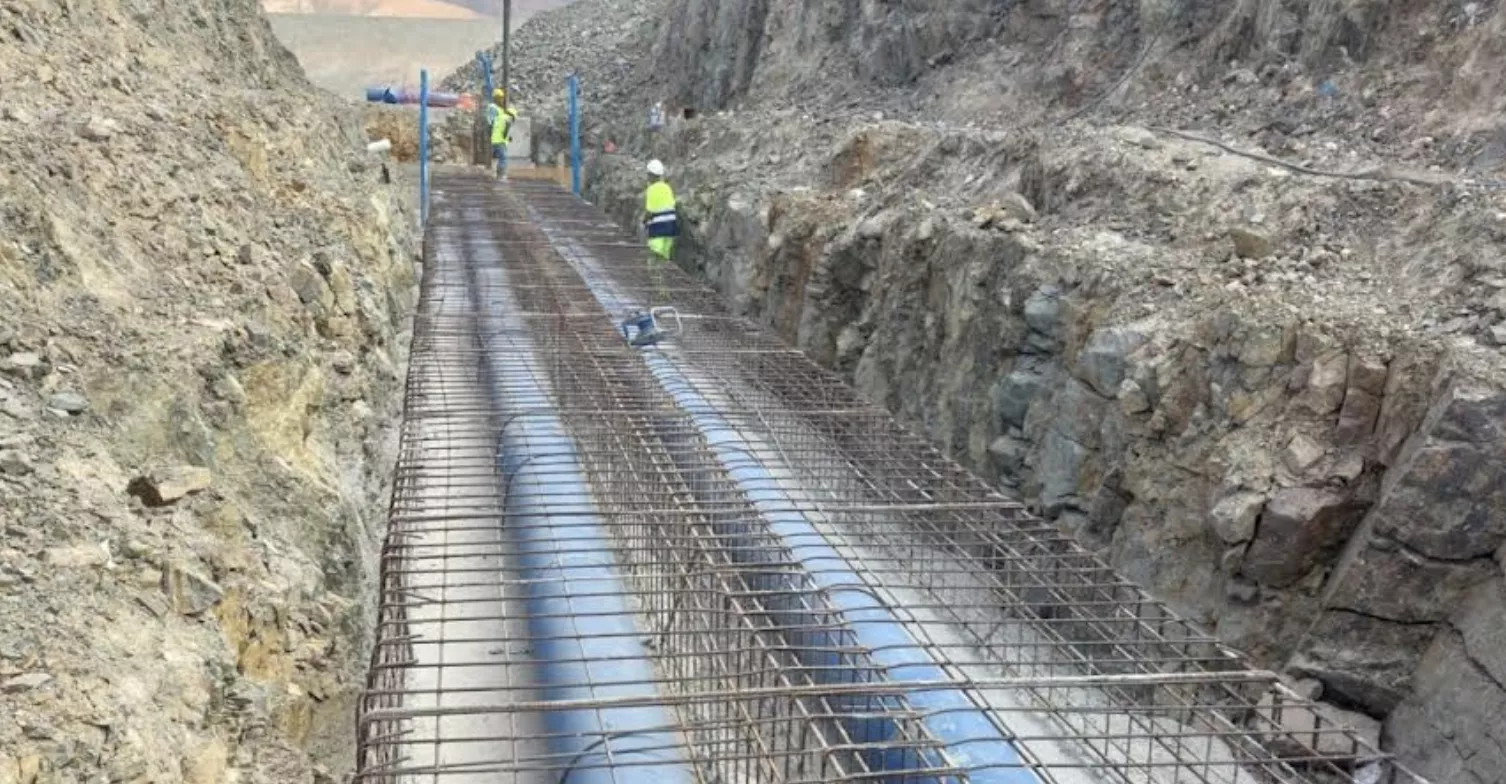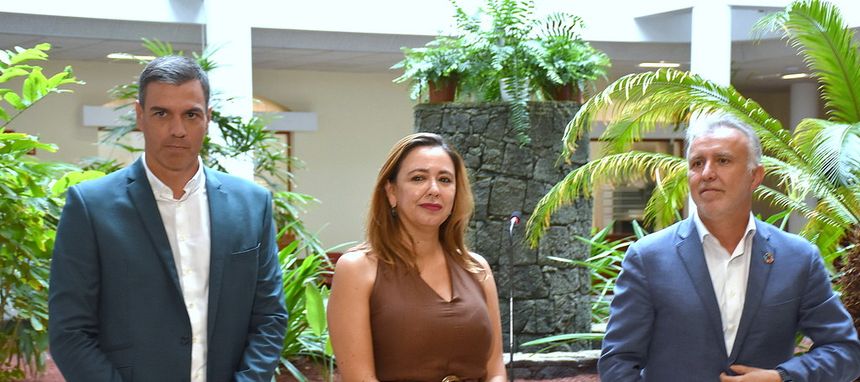The Southern Tenerife Tourist Initiatives Centre (CIT Sur) has expressed concern regarding the state of neglect affecting the gardens and green areas of the Tenerife South Airport – Reina Sofía. This situation, the organisation notes, is causing health issues due to the accumulation of rubbish and waste in the external facilities.
According to CIT Sur, this unsightly situation, visible to thousands of users at the terminal—travellers, tourists, and residents—detracts from the quality and hospitality that should characterise Tenerife as a tourist destination.
The centre reminds us that the Public Sector Contracts Law includes temporary mechanisms, including emergency procedures, which allow the administration to take immediate action while the definitive bidding process for service management is resolved.

Rafael Dolado, president of CIT Sur, remarked, “There is no need to wait until situations worsen when the law itself provides mechanisms that allow for immediate action, and this is a clear example that fully justifies its application.” Therefore, CIT Sur urges AENA to urgently activate these legal provisions to mitigate both aesthetic deterioration and health hazards, preventing the issue from affecting the image of the destination and its users and residents.
The CIT Sur stated that they are willing to collaborate in any way that contributes to “safeguarding the tourist image of Tenerife” and emphasised that keeping public spaces in optimal condition is “an unavoidable obligation.”














